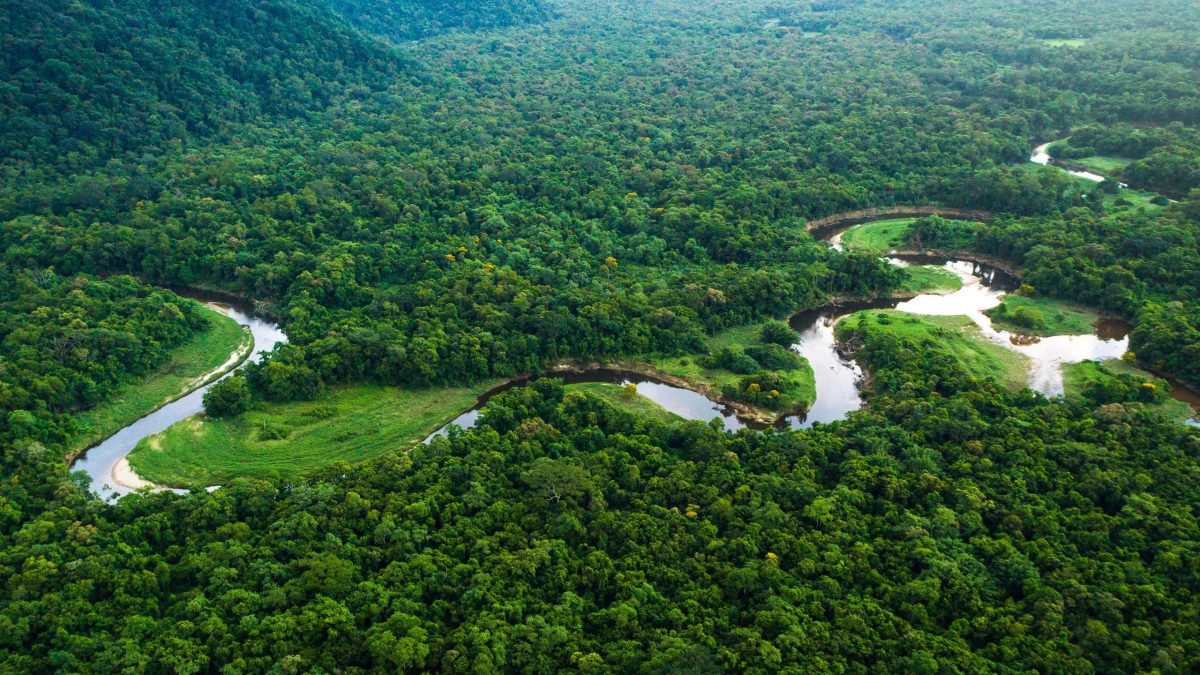All that ‘glitters’ is not necessarily ‘gold’ insofar as the fossil fuel sector in South America is concerned. Oil producing countries in the hemisphere continue to discover that benefitting from their oil and gas recovery, at the expense of their fast diminishing environmental credentials and that as global pressures mount to push back fossil fuel recovery, they could, sooner rather than later, come to be seen as unrepentant ‘spoilers.’ As an August 22 article (South America Struggles to Balance Oil Economy and Environment) authored by freelance energy writer, Felicity Bradstock, says, South America’s oil producing countries are in the process of weighing “the immediate economic benefits of oil and gas development against long-term environmental consequences and global climate concerns.”
While Ecuadorians have already voted against oil drilling in the country’s Yasuni oilfield, located in the Amazon, if the teeth of economic arguments goes the other way, Brazil’s President Lula has come under scrutiny for supporting oil operations while advocating for the protection of the Amazon rainforest, the environmental protestations in South America have been fairly muted so far. This, almost certainly, is a function of the fact that most countries in the hemisphere bear the burden of significant pockets of poverty and are therefore decidedly inclined to look the other way when they come to understand the social change which oil earnings can bring. In Guyana, for example, the presence of small pockets of environmental pressure groups (with decidedly shrill voices) are decidedly insufficient to push back against the exuberant voices of the wider local population who are only just beginning to see the tip of the iceberg insofar as some of the transformations that an oil and gas can bring are concerned. Guyana, like most of the rest of South America, would appear to have decided to weigh the immediate economic benefits of oil and gas development against long-term environmental consequences and global climate concerns and, seemingly, has made its decision.
Guyana, it seems, has taken what Bradstock says, is the position of most of the rest of the oil-producing nations and are, even now, preoccupied with “determining the fate of their natural resources, as the question of a green transition and deforestation loom over them.” In some countries, however, according to Bradstock, pushback pressures are looming large in the picture. “In both Ecuador and Brazil, state powers are deciding whether to approve new oil and gas licenses or put the health of the rainforest first.” Here, in Guyana, where there exists a much lesser awareness (or mindfulness) of advocacy for a “global green transition, the society would appear to have become fixated with the benefits of what their ‘oil economy’ can and will bring.” This disposition has, decidedly, afflicted Guyanese who, having long been stuck in poverty, see oil and gas as a means through which to ‘catch a break.’
Those ambitions apply as much to Guyanese who have faced generations of poverty to already well off businessmen and women who, either on their own, or along with expatriate partners, see the current oil-driven socio economic preoccupation as a once-in-a-lifetime opportunity to ‘go bigger.’ Still, Bradstock asserts, “while many Latin American states have the potential to develop their oil and gas sectors further, some are questioning the value of their natural resources, as pressure mounts for a global green transition.” Ecuador, in what some might see as a stunning decision last week, voted not to have oil drilling take place in an area that could affect the Amazon rainforest. The area in question, is not only situated in the Amazon National Park, Ecuador’s largest protected area but is, as well, home to one of the country’s indigenous peoples, the Waorani people. The population voted against the development of block 43, with around 6 in 10 voters against the move.
This is not the first time that Ecuador – and the rest of the world – has had to choose between the protection of the rainforest and the exploitation of the country’s oil reserves. In 2007, then-president of Ecuador, Rafael Correa, offered to leave around 850 million barrels of oil in the ground if countries would contribute to a fund at half the estimated value of the reserves, around $3.6 billion. However, this plea to support the country’s economy and natural environment was unsuccessful, with the drilling of the field later approved in 2013 across a 2,000-hectare patch of rainforest. In Brazil, notwithstanding the alleged environmental credentials of Brazil’s President Lula, his return to power has coincided with protests by environmental campaigners against plans by Petro Bras, the state-run oil company, to commence drilling at the mouth of the Amazon River, after permission was reportedly already denied by the Brazilian state environmental agency. South America, it seems, will be grappling with the challenge of striking a balance of fossil fuel recovery and ‘saving the Amazon’ for years to come.


